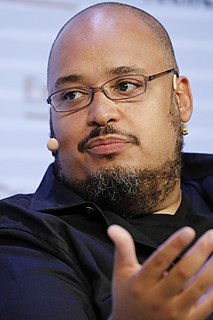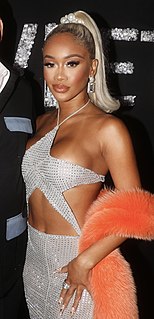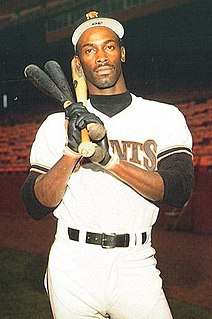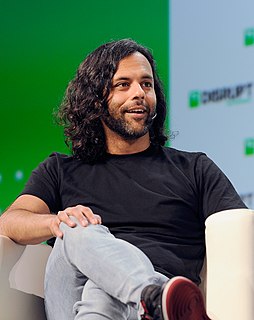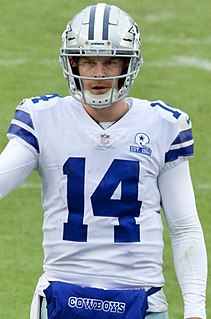A Quote by Adrian Tomine
My early comics are really reflective of being kind of a befuddled, single loser in the Bay Area, and I think having kids has been by far the most profound impact on me as a person and as an artist.
Related Quotes
In early comics, you see the amazing awkwardness and bizarre reasoning in the storyline, and it's because comics hadn't really been invented yet. There was no format for them to follow. They were just making it up. So I try to incorporate that kind of awkwardness in my comics quite frequently, which is odd. In some ways, I can't be as awkward as I'd like. But I do think that's one way in which my comics are unusual, because I will try to make the artwork look bad, occasionally.
What's weird is the Hot Boys and the whole New Orleans Cash Money thing had a really big impact on the Bay when that was popping off. I don't all the way understand it. I mean, I know that they were big everywhere and had a lot of commercial success in the mid to late '90s, but they were really, really felt in the Bay Area.
Oakland, by far, is really gorgeous; it still has these pockets that are really dangerous. Certain things are kind of normal. I think kids out there can be tested in a way where his right of passage ties into a bit of violence and how that has become these markers in masculinity and you being kind of validated after having to pass through things.
I think men and women are the same. Even as parents, I think we're the same. We're just conditioned to think that we're different. Having said that, it's true that motherhood is a particularly vulnerable area. It's an open wound, really. A woman is exposed to being turned into a different kind of person by the experience of motherhood.
It's not like I would see anyone and be like, "Oh yes, that person looks like maybe I had an impact on them." I don't think I did. I don't think I ever was that well known, to have an impact. And I haven't seen comics that I go, "Oh, yes! That person is terribly unprepared, with their notebook, and going off on 50 tangents. There you are. That's me."
Every single place that's brushed upon me has made me the artist that I am - from Nigerian Highlife music and the vocal melodies that I grew up on when I would be sitting with my father and his fellow chiefs, to the funk and freeness of the Bay Area groove, to L.A.'s smooth G-funk legacy, Brooklyn's lyricism, and now Atlanta's trap history.
For me personally, I feel that a film that doesn't end with a happy ending has a far bigger reach. It lingers on far more. Unrequited love stories have much more impact on the audiences. If 'Romeo and Juliet' had been happily married and had kids and dogs, I don't think it would have been a classic.
Since I started as a comic person then became a musician to me it was interesting because I have this really great, interesting fanbase that's really smart and energetic and uh how could I steer them towards a medium that shaped who I was? You know, steer them toward comics. That was really the goal, to bring a lot of readers cuz they were reading a lot of comics but most of them hadn't been reading American comics, they'd be reading manga sitting on the floor of a Barnes and Noble.
Storytelling is one of comics' esthetic hurdles at the moment, which was the novelist's problem 150 years ago: namely, to take comics from storytelling into that of "writing," the major distinction between the two to me being that the former gives one the facts, but the latter tries to recreate the sensation and complexities of life within the fluidity of consciousness and experience. As far as I'm concerned, that's really all I've been trying to do formally for the past decade or more with comics, and it's certainly time-consuming, since it has to be done with drawings, not words.
I think most people think of ballerinas as kind of either as a fairytale, far-away thing that's really not attainable, something they can't grasp, or they think of them as European or Russian and kind of their nose up in the air. So, it's cool for me to, like, sit with them and for them to really see themselves as me.

